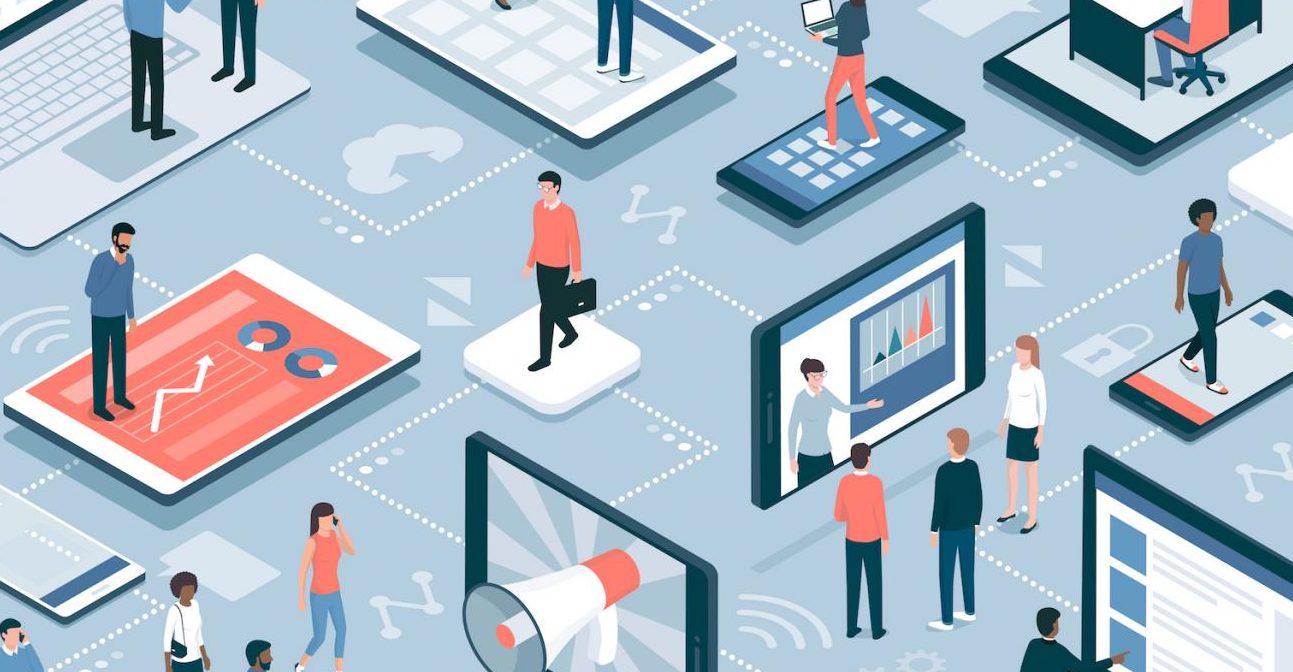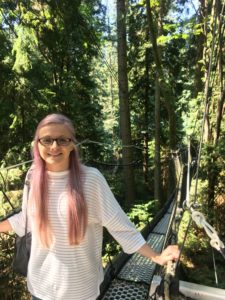Hi, my name is Rhianna and I’m a 4th year PhD student at the University of York. I work at YSBL focussing on human lysosomal enzymes which breakdown various glycoconjugates within our bodies. Inherited deficiencies in these enzymes leads to range of metabolic diseases called lysosomal storage disorders. My project aims to structurally characterise these enzymes and aid in the development of chemical probes, inhibitors and chaperones for diagnostic and therapeutic purposes. Coming from a Masters year in analytical chemistry, this project has been a real challenge. Working with membrane-associated proteins, delving into insect-baculoviral expression systems and the dark art of protein crystallography has all been new to me, but I chose this project because I felt it would allow me to explore protein chemistry/structural biology with real-life applications in human health and disease.
Why did you join the DTP Communications team?
I enjoy scientific writing and saw this as a great opportunity to improve my writing skills whilst further engaging with the White Rose DTP and its students. I hope to learn more about the exceptional research conducted by White Rose students and to share/showcase this with other students in the DTP through blogs and the use of social media. I also see this is a chance to share non-scientific content which I hope students (including myself!) will find helpful in coping with PhD life and maintaining a healthy wellbeing.
Read moreGet to know … your WRDTP Comms Team: Rhianna Rowland




